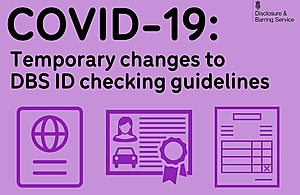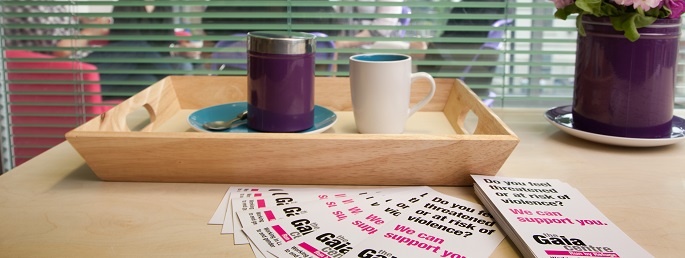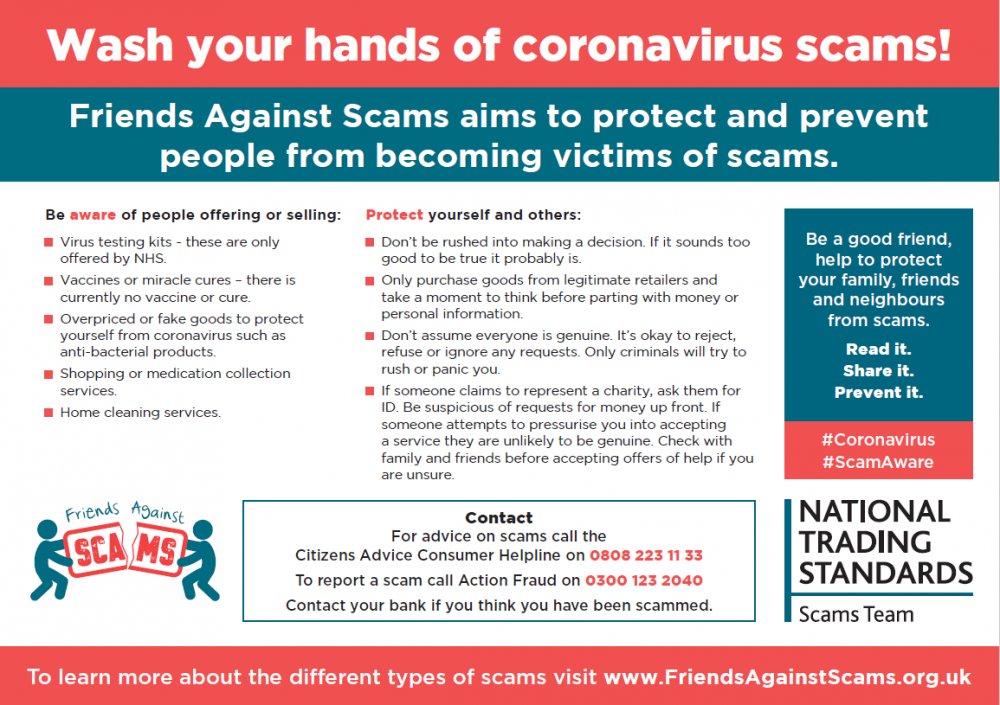
Temporary changes to ID checking guidelines are being made as a result of the coronavirus outbreak.
Update from Disclosure and Barring Service:
"Due to current measures that have been put in place as a result of the coronavirus outbreak, we’re aware that organisations are having difficulty following the DBS ID checking guidance.
Currently, when validating ID documents, it is best practice to carry the examination out face-to-face with a live video link as an alternative method. Under the current guidance, the ID checker must be in physical possession of the original documents so they can be checked for indicators of fraud.
As the public is being advised to work from home where possible, this is causing difficulties in receiving the physical documents and is delaying applications, and in some cases, preventing applications from being submitted.
To ensure that the necessary DBS checks can still be carried out, the DBS ID checking guidance will be changed for a temporary period.
The change will enable:
- ID documents to be viewed over video link
- scanned images to be used in advance of the DBS check being submitted
Please note, the change should only be implemented for urgent cases where it is not possible to follow the normal identity checking guidelines. The applicant must present the original versions of these documents when they first attend their employment or volunteering role.
The change will come into effect from 24 March 2020.
Please ensure that you follow the advice on GOV.UK around checking identity documents for indicators of fraud, which can be found here.
For more information about the changes, please contact customerservices@dbs.gov.uk"


